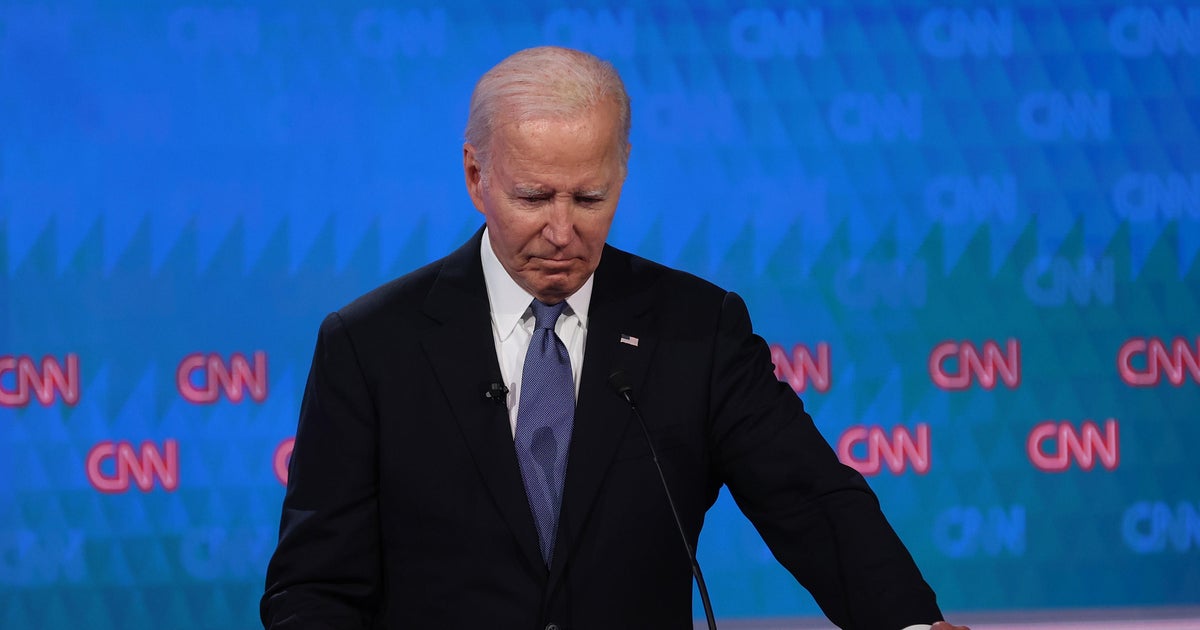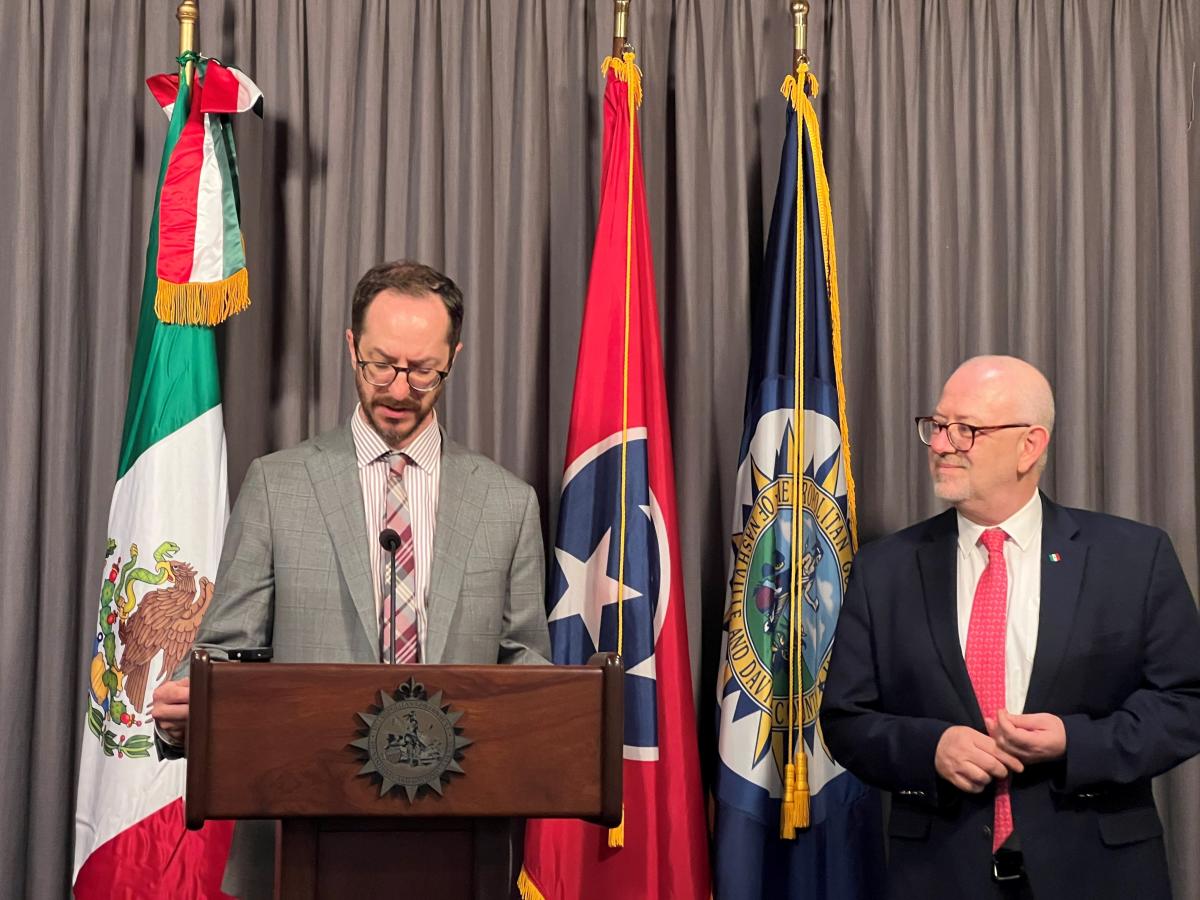Since the 2020 debates, the world has witnessed an increase in record-breaking climate-driven extreme weather events, including hurricanes, wildfires, and heat waves. With a record number of heat-related deaths, 2023 became the hottest year on record, and 2024 is projected to be even hotter. In fact, in the United States and around the world we have already witnessed record-breaking heat in 2024; the first debate will occur on the heels of a record-breaking heat wave that gripped much of the country.
Parallel to these rising threats, the clean energy sector has seen significant growth, hinting at the beginnings of a shift towards a more sustainable economy. Georgia, the host state for the first debate, exemplifies this trend, ranking second in the nation for clean energy projects and creating nearly 30,000 clean energy jobs. The burgeoning clean energy industry represents not only a necessary response to climate change but also a significant economic opportunity to provide new jobs and scale practical technological advancements.
In addition, key constituencies, particularly among socially marginalized populations, are still experiencing the devastating impacts of climate change and environmental pollution. These communities often face the harshest consequences of environmental racism and neglect, emphasizing the need for focused discussions on environmental justice and equitable climate solutions.
Another climate-related issue concerns the stall in global climate action, with many countries failing to meet emissions reduction targets. This gap highlights the need for leadership and innovative policy solutions at the international level.
Climate change and climate action resonate strongly with voters across the political spectrum. In fact, climate change unexpectedly emerged as a key issue during the first Republican presidential primary debate, illustrating its importance to the party’s younger constituents. Polls conducted during this election cycle reveal significant bipartisan concern about climate impacts and robust support for decisive government action. Addressing climate-related issues during the debates would reflect the electorate’s priorities by allowing the candidates to discuss their approaches to addressing one of the most critical challenges facing our nation and the world.
Unfortunately, the public’s understanding of climate issues is frequently distorted by disinformation. Clear, fact-based questions are essential to countering these pervasive myths and ensuring that viewers are well-informed about the realities of climate change and clean energy solutions.















